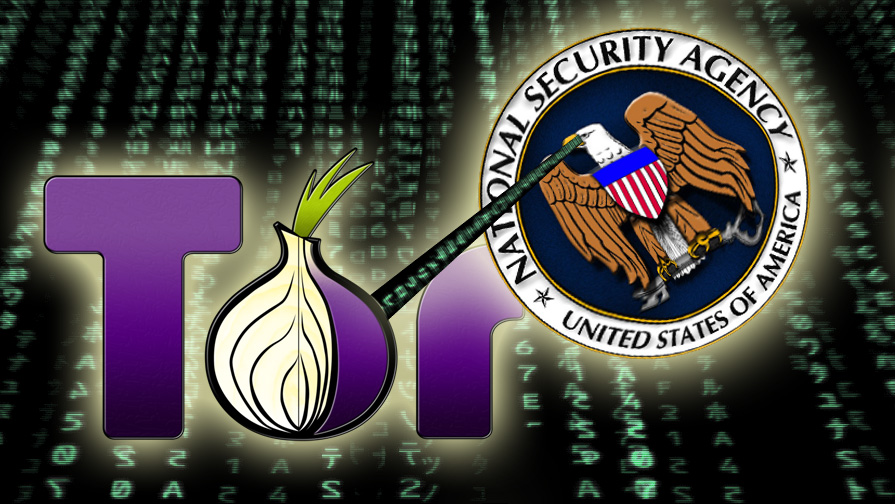Is the government cracking down on internet anonymity? Thanks, in part, to Edward Snowden, we all know we’re being watched when we surf the internet. A recent incident shows that the web isn’t safe, even for those who take extra precautions. Researchers suspect that the FBI is behind software that is attacking users of Tor, the well-known anonymity software used to hide one’s identity.
Tor stands for “the onion router” and uses a volunteer community of network access points all around the world to mask its users’ locations, making it a popular choice for activists and journalists (not to mention hackers and pirates).
On Sunday morning, a piece of code loaded within anonymous Tor websites was found to be routing users’ computer addresses and Windows hostnames to a location in Virginia, extracting the information from Tor’s protection, but doing nothing else harmful, Wired reports. It was removed.
So, the virus sends the identities of Tor users to an area where you can’t throw a rock without hitting a government or defense contractor office? Hmm. Doesn’t giving away your location metadata sound a little like the NSA’s PRISM program? Hmm. Some sleuths looking further into the IP connected to the malware linked it directly to the NSA’s own corner of the internet.
Tor released a statement about the security flaw, noting that they were working on the problem and gently acknowledging the rumors about government interference. While no one can confirm it is a government entity breaking your anonymity, the wider message is clear: The only way to stay completely private is to keep off the internet. Maybe.
Try downloading Hemlis, a new private messaging service from the guys who brought you your favorite movie-downloading site, The Pirate Bay. Check to see what the kids at Eyebeam are up to. Maybe, there’s still hope for the future of digital anarchists.


